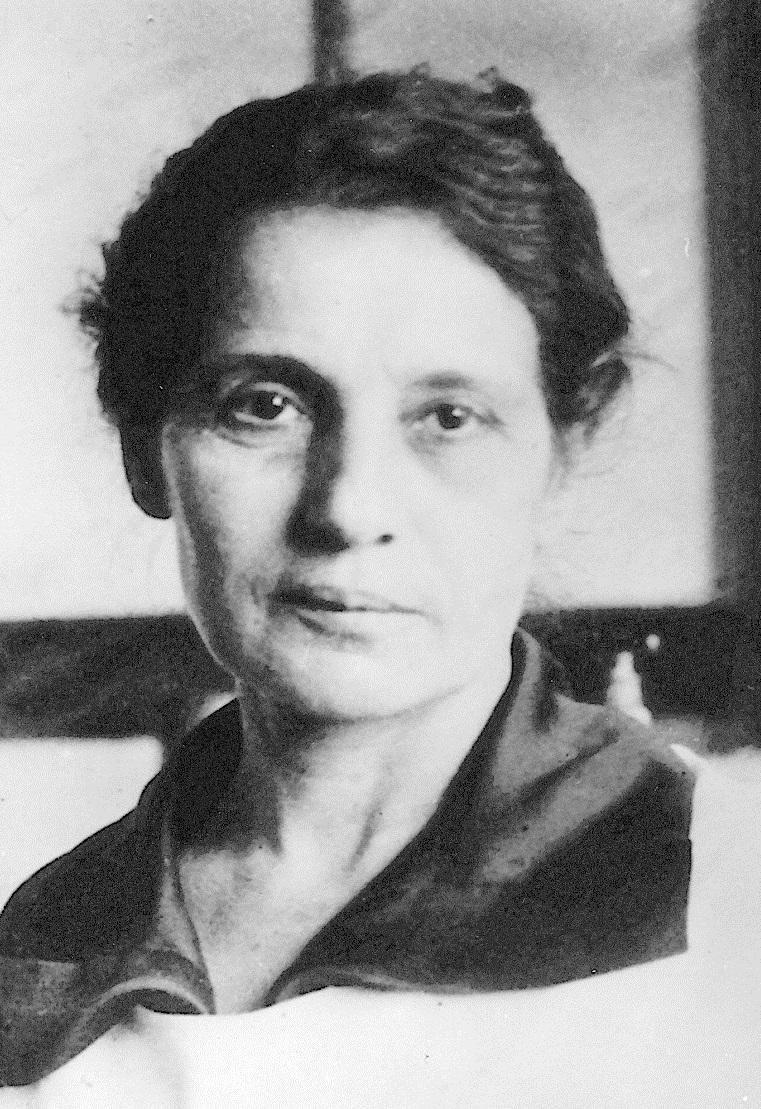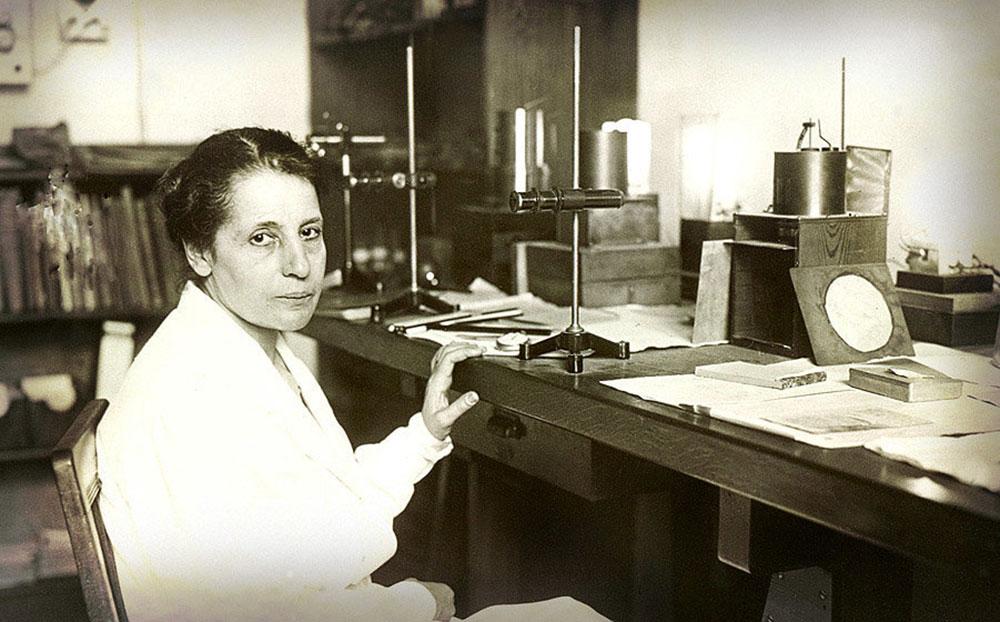In 1934, Fermi started trying to produce "transuranics" - elements above uranium - by firing neutron beams at uranium. Meitner got excited about this and began doing the same with Hahn and another chemist, Fritz Strassman. They seemed to be succeeding, but the results were bizarre: the new elements seemed to decay in many different ways! Their chemical properties were curiously variable as well. And the more experiments the team did, the stranger their results got.
No doubt this is part of why Meitner took so long to flee Germany. Another reason was her difficulty in finding a job. For a while she was protected somewhat by her Austrian citizenship, but that ended in 1938 when Hitler annexed Austria. After many difficulties, she found an academic position in Stockholm and managed to sneak out of Germany using a no-longer-valid Austria passport.
She was now 60. She had been the head of a laboratory in Berlin, constantly discussing physics with all the top scientists. Now she was in a country where she couldn't speak the language. She was given a small room to use a lab, but essentially no equipment, and no assistants. She started making her own equipment.
Hahn continued work with Strassman in Berlin, and Meitner attempted to collaborate from afar, but Hahn stopped citing her contributions, for fear of the Nazis and their hatred of "decadent Jewish scence". Meitner complained about this to him. He accused her of being unsympathetic to *his* plight.
(5/n)

